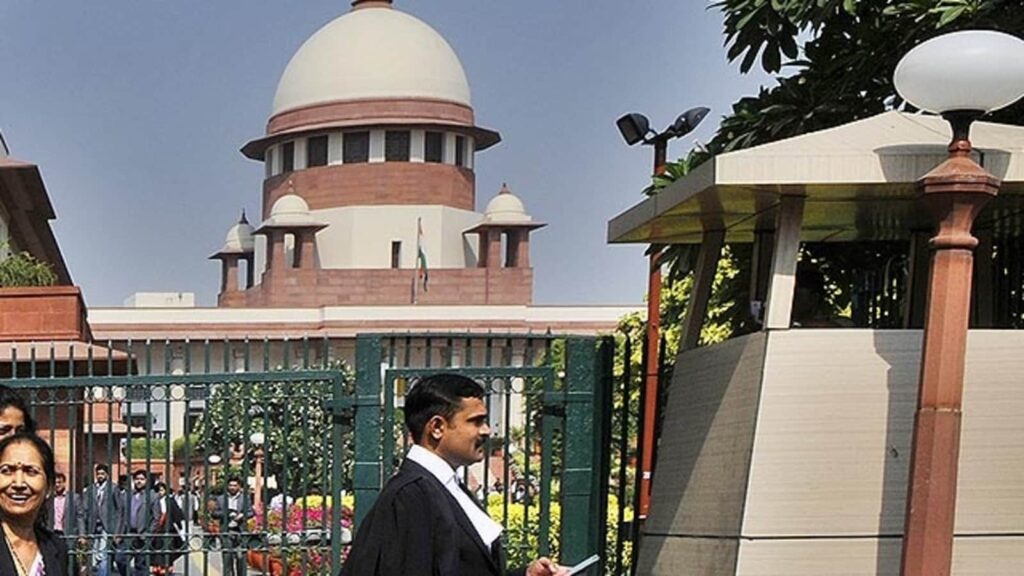The seven-judge constitutional bench of the Supreme Court has delivered a much-needed correction to a 1998 judgment that allowed legislators to invoke parliamentary privilege when accused of accepting a bribe during voting in Parliament or for raising a query in either of the Houses. The ’98 verdict by a five-judge bench in PV Narasimha Rao provided immunity to several members of Parliament accused of accepting bribes to vote in favour of the Rao government in a no-confidence motion in 1993. Monday’s order clarifies that parliamentary privilege can’t be turned into a shield against corruption. The ramifications of this verdict are substantial as legislators accused of corruption, including during voting in Rajya Sabha polls and confidence motions, now stand the risk of facing a criminal investigation.
The seven-judge constitutional bench of the Supreme Court has delivered a much-needed correction to a 1998 judgment that allowed legislators to invoke parliamentary privilege when accused of accepting a bribe during voting in Parliament or for raising a query in either of the Houses. The ’98 verdict by a five-judge bench in PV Narasimha Rao provided immunity to several members of Parliament accused of accepting bribes to vote in favour of the Rao government in a no-confidence motion in 1993. Monday’s order clarifies that parliamentary privilege can’t be turned into a shield against corruption. The ramifications of this verdict are substantial as legislators accused of corruption, including during voting in Rajya Sabha polls and confidence motions, now stand the risk of facing a criminal investigation.
Parliamentary privilege is a subset of the right to free speech. In the case of legislators, it provides them a necessary shield to speak freely and fearlessly on public issues in the House. As the Court reiterated on Monday, this freedom is “at the core of the function of a democratic legislative institution”. However, it was erroneous to stretch this provision to allegations of bribery and other such crimes. Legislators, by virtue of their exalted status as a people’s representative, can’t claim to be more privileged than voters in the face of the law. The new order has sought to define what constitutes parliamentary privilege and has proposed a two-fold test to determine if it is related to the House collectively and necessary for its functioning.
That said, it is not necessarily possible to provide proof in all cases of political corruption. It isn’t easy to prove that a person has spoken in the House as a quid pro quo. When legislators cross-vote — most often for position, pelf, or protection — they are likely to explain their shift in preferences as a matter of conviction. Safeguards such as the anti-defection law and whip have been rendered ineffective by partisan speakers and judicial delays. In recent times, state after state has seen legislators shifting parties or legislative loyalties. Checks and balances against this will need more than just legal safeguards. And public offices and institutions will have to protect their independence and be fair in their conduct. Opposition parties claim that agencies tend to proceed slowly against legislators under probe when they align themselves with the party in the Centre. While the Court’s intervention is right and laudable, parties and politicians need to be at the forefront of the war against political corruption. At stake is the very credibility of parliamentary democracy.
Continue reading with HT Premium Subscription
Daily E Paper I Premium Articles I Brunch E Magazine I Daily Infographics


